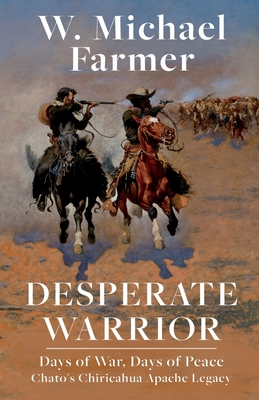
Townsend, Camilla
product information
description
ook, Pocahontas and the Powhatan Dilemma, differs from all previous biographies of Pocahontas in capturing how similar seventeenth century Native Americans were--in the way they saw, understood, and struggled to control their world---not only to the invading British but to ourselves. Neither naïve nor innocent, Indians like Pocahontas and her father, the powerful king Powhatan, confronted the vast might of the English with sophistication, diplomacy, and violence. Indeed, Pocahontas's life is a testament to the subtle intelligence that Native Americans, always aware of their material disadvantages, brought against the military power of the colonizing English. Resistance, espionage, collaboration, deception: Pocahontas's life is here shown as a road map to Native American strategies of defiance exercised in the face of overwhelming odds and in the hope for a semblance of independence worth the name. Townsend's Pocahontas emerges--as a young child on the banks of the Chesapeake, an influential noblewoman visiting a struggling Jamestown, an English gentlewoman in London--for the first time in three-dimensions; allowing us to see and sympathize with her people as never before.
member goods
No member items were found under this heading.
Return Policy
All sales are final
Shipping
No special shipping considerations available.
Shipping fees determined at checkout.







